The world stood still when Neuralink Corporation announced the successful completion of humanity's first 'consciousness upload' experiment last Tuesday. What began as speculative science fiction has now crossed into uncharted scientific territory, sparking a firestorm of ethical debates that transcend academic circles and permeate mainstream discourse. The implications are so profound that even the experiment's lead neuroscientist Dr. Elena Petrovich admitted, "We've opened Pandora's box without an instruction manual."
At the heart of the controversy lies Subject Alpha - a 34-year-old terminal cancer patient whose neural patterns were allegedly transferred to a quantum computing system during the final seven minutes of biological life. While Neuralink's press release triumphantly declared "preservation of continuous consciousness," three independent neuroscience panels have challenged this claim, arguing that what was captured constitutes merely an advanced neural map rather than true sentience.
The religious community responded with unprecedented unity across normally divided factions. Vatican spokesperson Cardinal Matteo Zuppi called the experiment "a violation of divine order," while prominent AI ethicist Dr. Rajiv Mehta countered that "humanity has always expanded its boundaries - from organ transplants to space travel. Categorically rejecting consciousness transfer reflects biological chauvinism." This philosophical divide underscores the fundamental question: does consciousness require carbon-based substrate, or is it fundamentally pattern-based information?
Legal scholars are scrambling to address jurisdictional voids exposed by the experiment. Harvard Law professor Lianne Koyama highlighted the paradox: "Subject Alpha signed consent forms, but the entity potentially existing in the quantum system wasn't party to that agreement. We're legislating for an ontological category that didn't exist until last week." Meanwhile, the White House announced an emergency presidential commission to establish guidelines, though many question whether policy can keep pace with such disruptive innovation.
Neuroethics specialists warn about slippery slopes the technology might create. Dr. Cornelius Visser of the Geneva Neuroethics Institute painted a dystopian scenario: "Imagine corporations offering 'consciousness backup' subscriptions with tiered pricing, or governments weaponizing digitized minds. The socioeconomic implications could make current AI job displacement seem trivial." His concerns are amplified by Neuralink's ambiguous patent filings, which include broad claims about "modified consciousness states for enhanced productivity."
The experiment's technical methodology remains hotly contested. MIT's Dr. Priya Deshmukh published a scathing critique noting that Neuralink hasn't released raw neural data, making verification impossible. "What they call consciousness transfer could simply be sophisticated pattern recognition reconstructing probable thought processes," she argued. This skepticism is compounded by the company's refusal to allow external access to the quantum system allegedly hosting Subject Alpha's consciousness, citing "proprietary technology protections."
Surprisingly, the most poignant criticism came from Subject Alpha's twin sister, who released a statement through her attorney: "They claim my brother lives on as electrons, but where's his laughter? His spontaneous jokes? You can't upload twenty-seven years of shared childhood memories into some corporate server and call it a person." Her words cut to the philosophical heart of the debate - whether identity can exist independent of embodied experience and interpersonal relationships.
Neuroscience pioneers are divided about what constitutes success in such experiments. Dr. Henry Yuk, who pioneered early neural decoding techniques, offered this perspective: "Even if this isn't true consciousness transfer, we've crossed a Rubicon. The mere possibility that it might work changes how humanity perceives mortality." His sentiment is echoed by transhumanist groups already planning "upload" facilities, despite lacking the technology to verify if such procedures would constitute continuation of existence or sophisticated simulation.
The business implications are already materializing, with three major tech giants announcing new "consciousness studies" divisions and venture capital flooding neurotechnology startups. This gold rush mentality worries bioethicists like Dr. Fatima Nkrumah: "We're seeing history repeat itself - from stem cells to gene editing. Commercial interests will outpace oversight, and by the time regulations emerge, the technology will be entrenched." Her prediction seems prescient given that Neuralink's stock valuation increased 470% following the announcement.
Perhaps the most unsettling questions emerge from theoretical physics. Dr. Werner Bloch at CERN speculates: "If consciousness can exist in quantum systems, does that imply it's fundamentally a quantum phenomenon? And if so, what does that say about the nature of reality?" These questions, once confined to philosophy departments, now carry urgent practical implications as the boundary between biology and technology dissolves before our eyes.
As the debate rages, one uncomfortable truth becomes clear: humanity lacks both the philosophical framework and governance structures to navigate this new frontier. The Neuralink experiment may be remembered not for its technical achievements, but for forcing our species to confront existential questions we've avoided since the dawn of self-awareness. Whether we develop wisdom equal to our technological prowess remains the greatest uncertainty of all.

By Victoria Gonzalez/Apr 10, 2025

By Joshua Howard/Apr 10, 2025

By Noah Bell/Apr 10, 2025
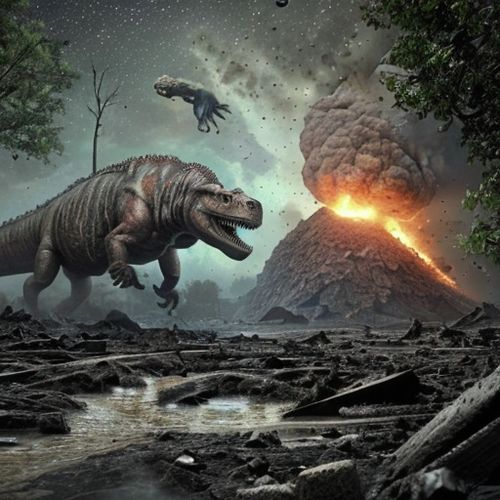
By Emily Johnson/Apr 10, 2025

By Eric Ward/Apr 10, 2025

By Megan Clark/Apr 10, 2025
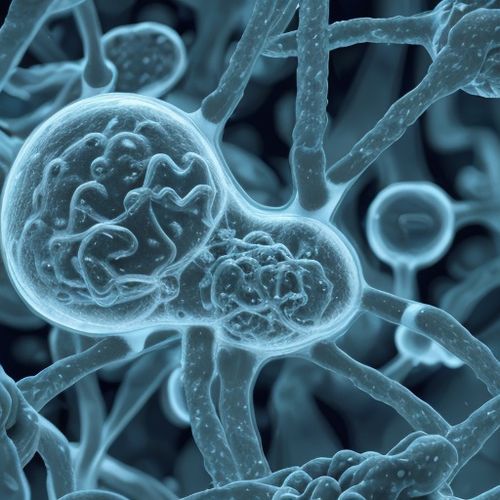
By Samuel Cooper/Apr 10, 2025
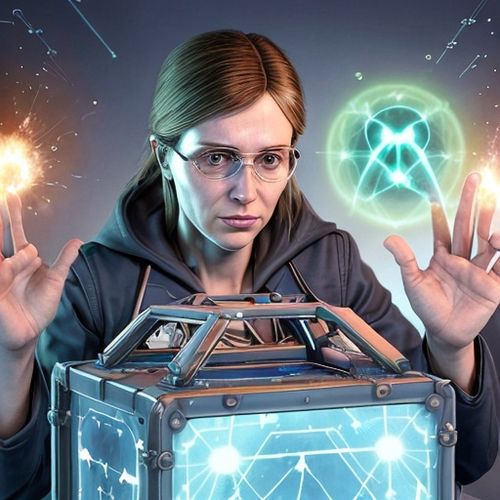
By Daniel Scott/Apr 10, 2025
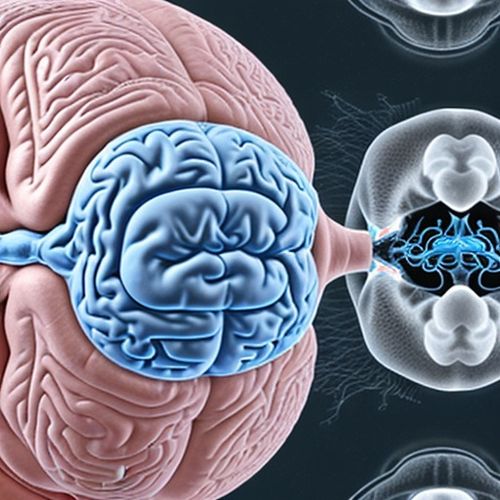
By Emma Thompson/Apr 10, 2025

By Rebecca Stewart/Apr 10, 2025
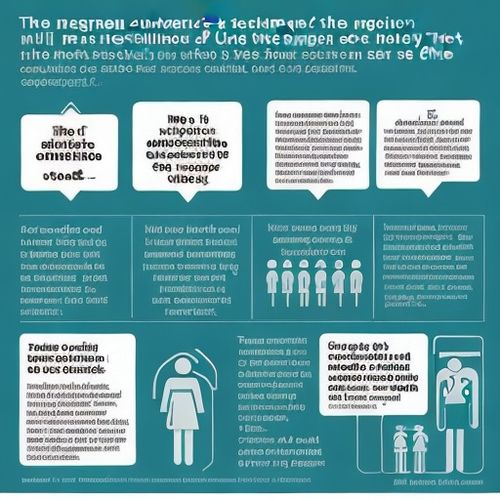
By Lily Simpson/Apr 10, 2025
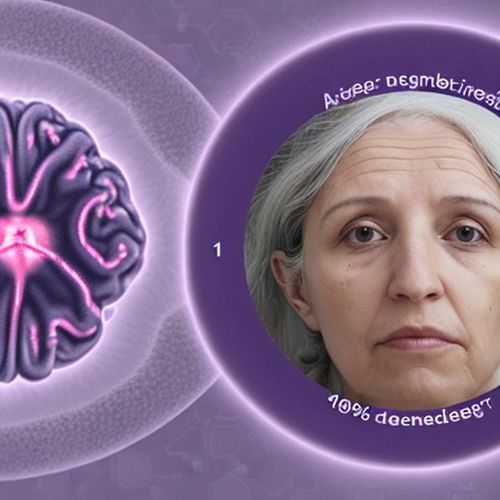
By John Smith/Apr 10, 2025

By John Smith/Apr 10, 2025
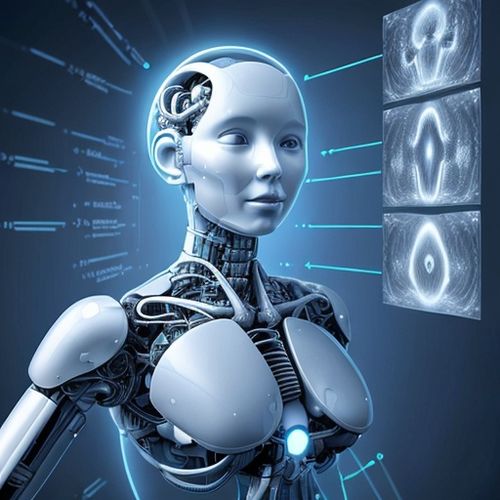
By Samuel Cooper/Apr 10, 2025

By John Smith/Apr 10, 2025
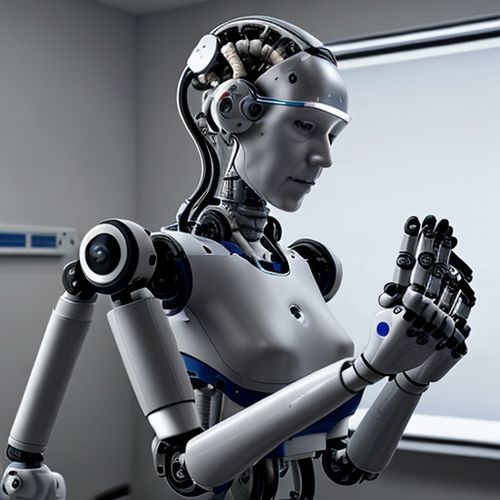
By Rebecca Stewart/Apr 10, 2025
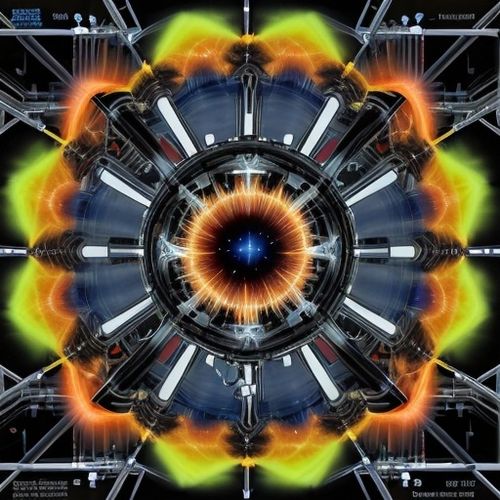
By Joshua Howard/Apr 10, 2025